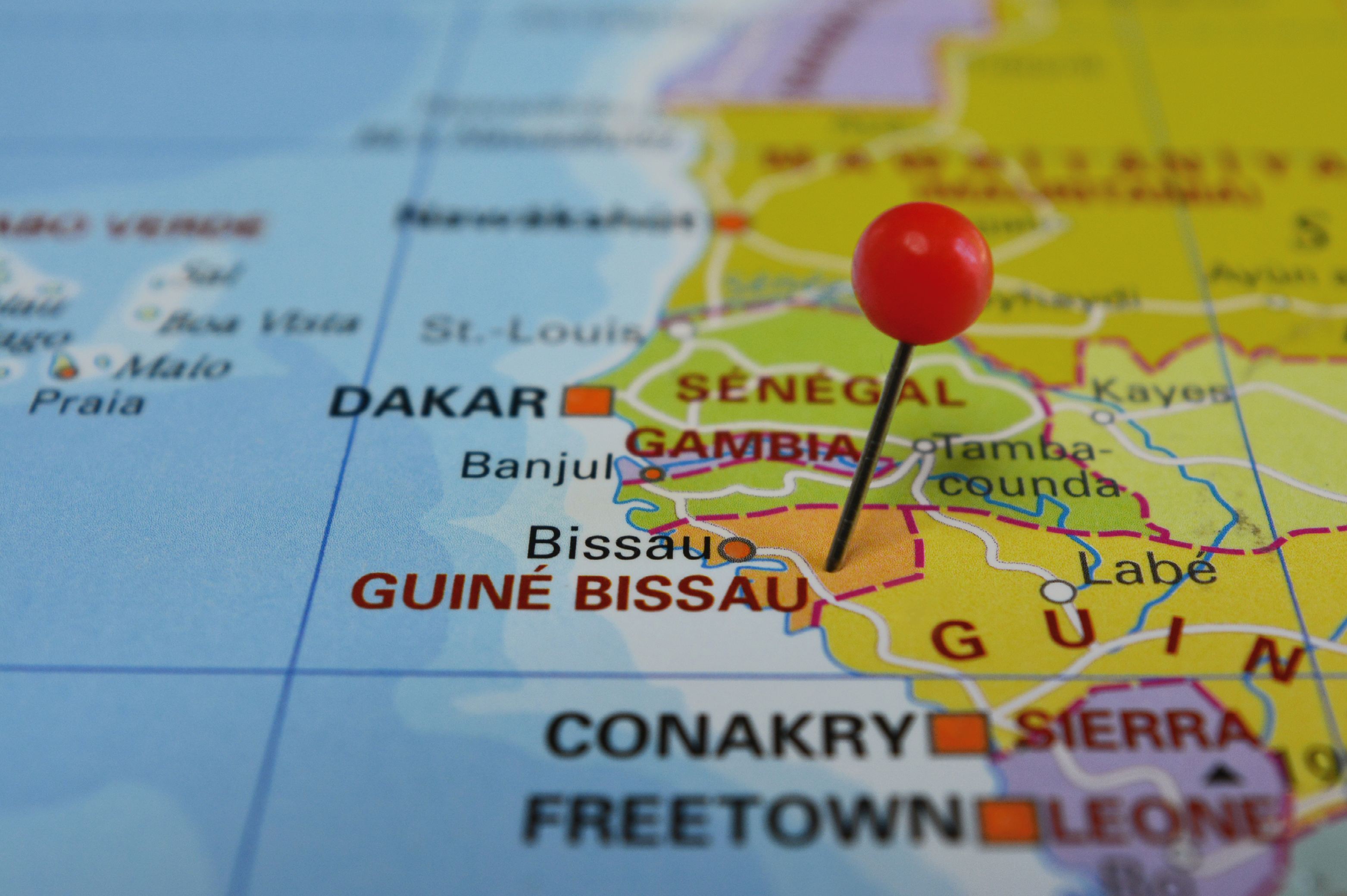
The African Development Bank has initiated new strategies to promote economic diversification, transform the structure, and build the foundation for sustainable growth. The bank has reiterated that Africa can realize growth if the emphasis is laid on good governance and reliable infrastructure.
The government of Guinea Bissau and the African Development Bank Group jointly adopted this strategy in the Country Strategy Paper 2022-2026, published on 20 September 2022.
This country strategy paper aims to support Guinea-Bissau in building enough infrastructure. These infrastructures will increase agriculture production, promote job creation through entrepreneurship and improve governance.
The bank targets three sectors: energy, transport, and financial governance. This step will support Guinea-Bissau’s government debt sustainability efforts. In the energy sector, the strategy paper advocates for strengthening the distribution network to promote electricity accessibility. The bank will proceed with its plan to implement the Bissau City Power Supply Improvement project. The paper also champions the conclusion of the Saltinho hydroelectric plant.
These strategies will realize the installation of 500 solar street lamps, minimize energy loss, finalize the 225-kV western backbone interconnection line in the Gambia basin, and develop renewable energy. These results will increase Guinea-Bissau’s contribution to renewable energy to 36%. In addition, the plan will see the access rate to electricity in Bissau increase from 20% to 50% by the 2026 country strategic plan.
The transport sector will see its infrastructure developed to improve inter-region transportation and travel, thus, facilitating access to essential services. Besides, the bank group will support the construction of 100 kilometers of newly paved roads and the rehabilitation of the already built 500 kilometers of roads in a bad state. As a result, food imports are expected to reduce from 247.6 million tonnes to 222.8 million tonnes by 2026. The bank is also expected to support public policy reforms and financial administration in the civil service. This step is a top priority for the Guinea-Bissau government, which intends to create a transparent budgetary environment conducive to attracting critical investments. These reforms are expected to raise the tax revenue to GDP ratio from 8.2% in 2022 to 10% in 2026 and cut the expenditure from 16.9% of GDP in 2022 to 15% in 2026.
Source:
https://www.afdb.org/en/news-and-events/guinea-bissau-energy-and-transport-infrastructure-core-african-development-banks-2022-2026-country-strategy-55260
